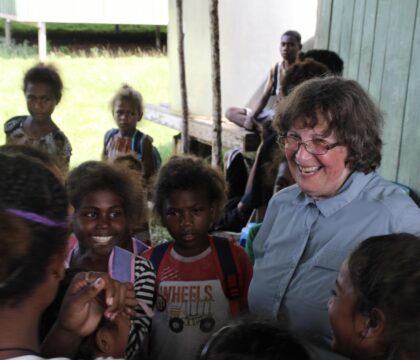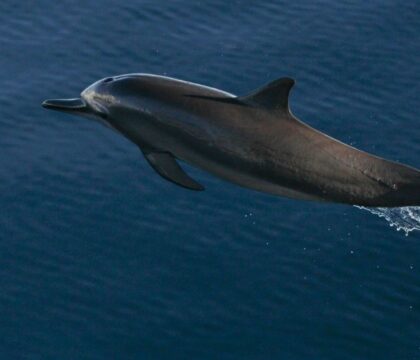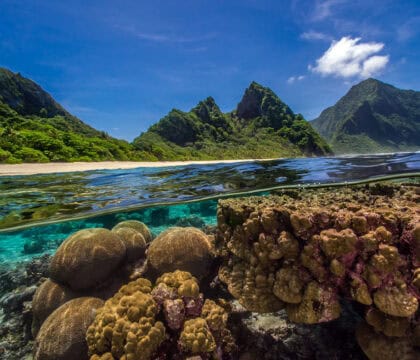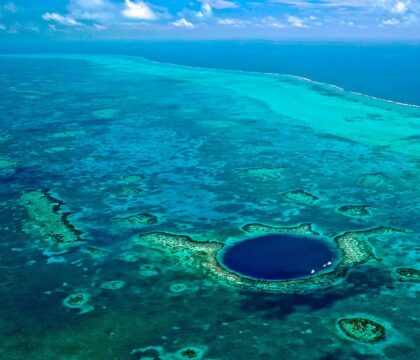July 23, 2019 • News Announcements, Program Updates
At 9 am on a Saturday morning, two students from Norway, a father and his nieces from Oakland, and a couple from San Francisco met for the first time at the edge of the world’s largest body of water—the Pacific Ocean. It was an overcast but pleasant morning, with a steady breeze out of the west, and everyone but the locals had driven here from miles away to spend their morning volunteering to clean up Ocean Beach, at the border between the city of San Francisco and the Pacific Ocean.

Your local beach clean-up is about more than just picking up trash!
As the organizer from Oceanic Society, I was pleasantly surprised to see that the majority of volunteers had learned about the beach cleanup from a simple internet search, rather than directly from us. Two participants were past Oceanic Society whale watch passengers and had heard about this event from our newsletter, but the rest had come simply to render a service to this local ecosystem and the thousands of people who would enjoy it that weekend.
As we walked out onto the beach and began surveying the area, a passerby who had been staring out at the water noticed what we were doing, and thanked us for cleaning the area. “This is a powerful place, and it deserves to be respected,” he said to me, before asking how to get involved and taking a card.

Our volunteers get ready to clean Ocean Beach, San Francisco. © Morrison Mast
After a brief orientation, we broke up into groups and spread out in both directions with bags in hand, scouring the entire beach from the sand dunes down to the high tide line. It wasn’t long before people returned for a second bag to fill.
After an hour or so of cleaning, we took a short break. I then trained the volunteers on how to sift the sand for microplastics. Oceanic Society had brought along specialized sieves that catch particles larger than 7 mm. Although the majority of plastic micro-particles on the world’s beaches are smaller than this, and would blend in almost homogeneously with the sand, this gear would at least give us an idea of how many small-to-medium-sized plastic fragments were present.
The devices are simple – they consist of two long poles sitting parallel, with a rectangular sheet of mesh connecting them. The contraption is set flat on the sand near the high tide line where detritus from the ocean accumulates, and sand is shoveled on top of the mesh sheet. Then, two volunteers lift the handles simultaneously, and shake the device until all the sand falls through the mesh, leaving behind anything larger than 7 mm.

Volunteers sift for microplastics on the beach. © Morrison Mast
I think that because of how much attention the microplastics issue is getting these days, and the depressing imagery accompanying every story about plastic pollution on social media, most of us were expecting to see something that looked like a Chuck-E-Cheese ball-pit viewed from 30,000 feet – a blanket of technicolor, polyvinyl sprinkles.
We split into groups and began shoveling and sifting. To our pleasant surprise, the only things we found were little skeletons of burrowing mole-crabs and large pebbles. In just one sample out of a dozen or so did we identify something that was definitely a bit of hard black plastic. It was nice to know that at least on this part of the beach, there were no visible traces of plastic fragments in the sand that squished between our toes as we “panned for plastic.”
All told, we had a productive day and removed over 100 lbs of waste from the beach. Statistics aside, it was most rewarding for this conservationist to see an activity like this bring together people who otherwise would not have met, and to see them engaging with each other, sharing stories, trading business cards, and telling jokes. Two of the guests were young environmental professionals that happened to graduate from the same school one year apart, and ended up connecting and swapping career advice. Another was a young girl in high school who wanted to study environmental science. As someone who might, in a weak moment of pessimism, mentally poo-poo the idea that a simple 2-hour beach cleanup with a dozen people could be an impactful activity, I was deeply grateful for the opportunity to find myself in a crowd who would rather spend some time in the presence of the sea than sleep in on a Saturday.

© Morrison Mast
This clean-up was organized as part of Oceanic Society’s wider Blue Habits program. By facilitating rewarding and meaningful ocean-centric experiences such as these, we are striving to connect, strengthen, and build a community dedicated to ocean-friendly living.
Beach cleanups may seem like a minute effort, but they can have big impacts. A study conducted in 2012 found that nearly 70% of Californians ranked the absence of debris and good water quality as “very important” to deciding whether or not to visit a beach. Clean beaches not only provide social, cultural, and aesthetic benefits that can help motivate pro-ocean action, but also translate into economic benefits through tourism, too.
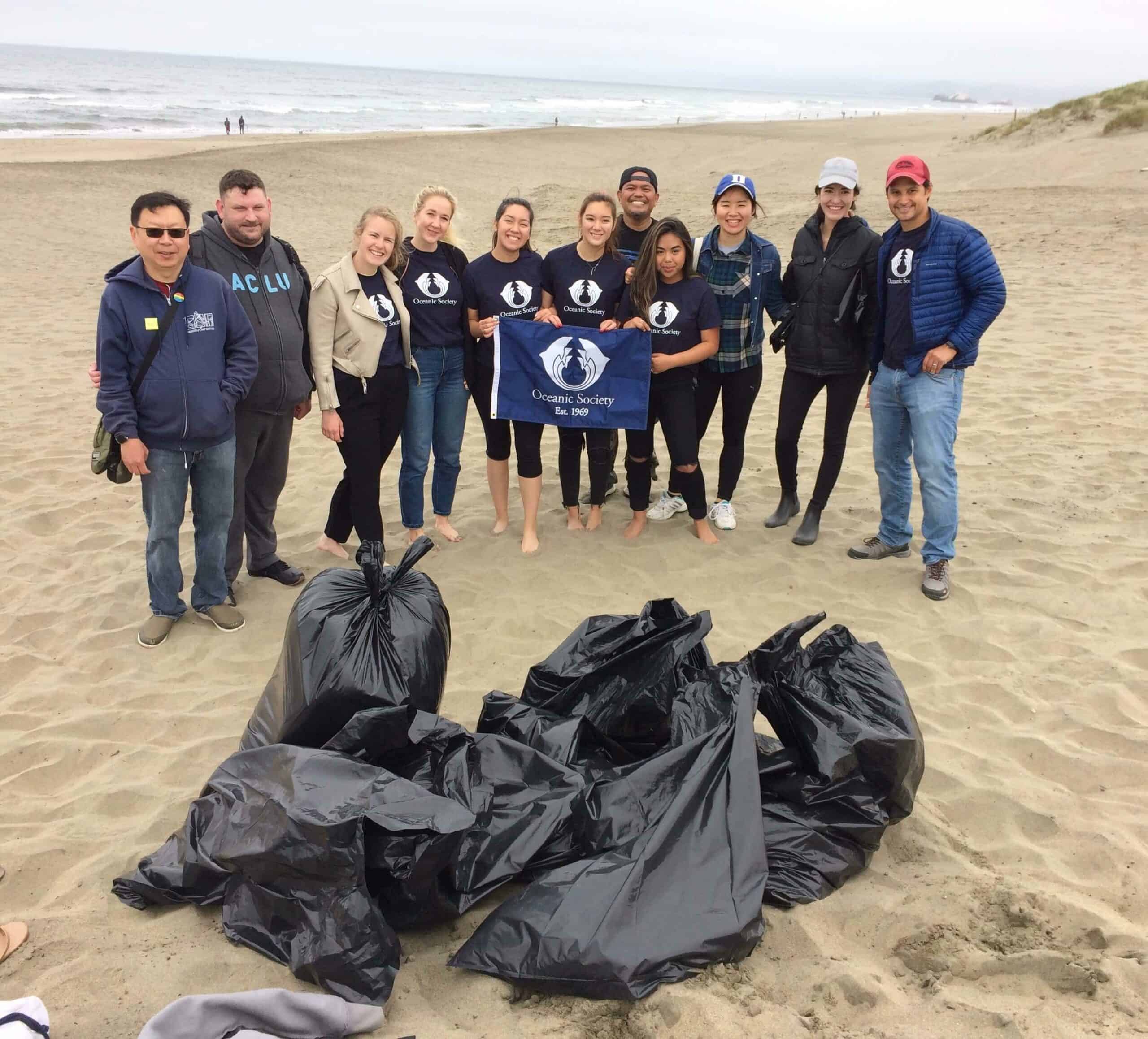
Oceanic Society volunteers pose with trash collected on Ocean Beach. © Morrison Mast
Thank you to everyone who showed up, and special thanks to the proprietors of Java Beach Café on La Playa Street for helping us find a place to dispose of the trash that we recovered from the beach. If you’re in San Francisco, do yourself a favor this weekend and go have one of their donuts, pick up some plastic from the beach, and enjoy the sound of the waves!

